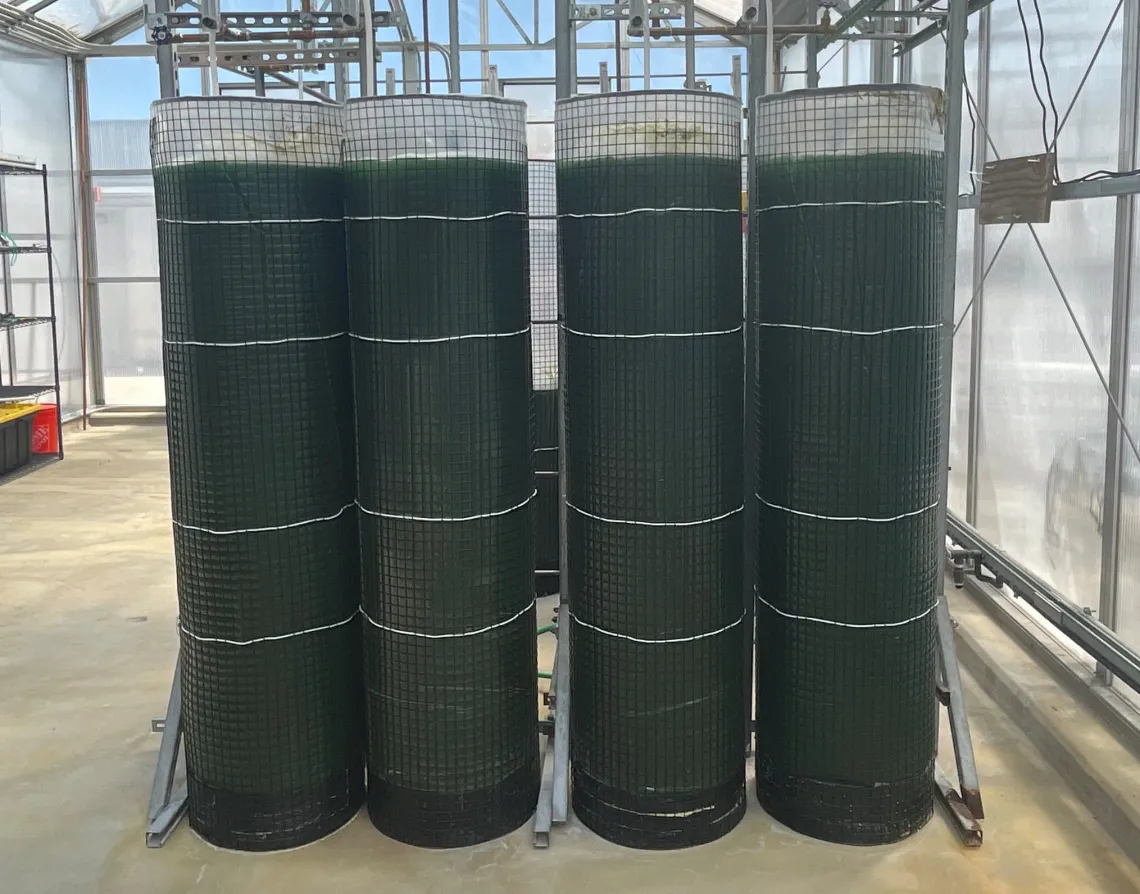
Center for Precision Nutrition and Wellness Forms Strategic Alliance with Sr.VP Michael Dake, MD of UA Health Sciences in Groundbreaking Climate Change and Nutrition Initiative, joined by The Agroecosystem Research in the Desert (ARID) Center and The French National Center for Scientific Research (CNRS).
Climate Change and Human Health Initiative
Enhancing Human Health Through Climate-Adaptive Agriculture and Alternative Food Sources
Addressing the urgent challenges posed by climate change to global agriculture and nutrition, this initiative aims to develop innovative, scalable solutions that bridge the gap between climate-adaptive agriculture and alternative, nutrient-rich food sources.
The Challenge
Understanding the Impact of Climate Change on Agriculture
Climate change is reshaping our world, impacting weather patterns, temperature, and precipitation, posing imminent threats to agriculture and human well-being. We face challenges such as altered growing seasons, decreased arable land, and water scarcity, intensifying food insecurity and disrupting global stability.
The Solution
A Multipronged Approach to Climate-Adaptive Agriculture
Our approach integrates innovative strategies for climate-resilient agriculture and alternative food sources. By leveraging plant-microbe interactions, harnessing cyanobacteria like spirulina, and developing scalable bioreactor technology, we're poised to provide adaptable, rapid, and scalable solutions from local to global levels.
Why Arizona?
The Arizona Advantage
Arizona provides an ideal testing ground for future climate scenarios. The University of Arizona's leadership in health sciences and precision nutrition, coupled with the state's unique environmental conditions, positions us to pioneer impactful solutions.
Aims and Strategic Partners
Roots for Resilience
Enhancing Plant-Microbe Interactions for Resilience
Characterize and leverage symbiotic microbes to enhance plant nutritional content and resilience. Bypassing traditional breeding limitations, our goal is to deliver accelerated solutions, creating microbial enhancements tailored to specific environments.
Key Researchers
A. Elizabeth (Betsy) Arnold PhD
Duke Pauli, PhD, Director, ARID Center
Spirulina Cultivation
Low-Cost Photobioreactors for Spirulina
Introduce spirulina as a resilient microalge with the potential to impact nutrition and livelihoods. Propose low-cost photobioreactors for increased biomass productivity and a scalable strategy for spirulina production.
Key Researchers
Joel Cuello, PhD
Superfood for food insecurity
Utilizing Spirulina as major food source for tackling malnutrition.
With a rich nutrient profile, including proteins, essential amino acids, vitamins, minerals, and antioxidants, spirulina addresses nutritional deficiencies prevalent in global populations. We aim to create create a Spirulina ready to use food that produced with stable omega-3 fatty acids, vital for brain development, presenting a game-changing, climate-proofing technology with far-reaching health and environmental benefits.
Key Researchers
Floyd (Ski) Chilton, PhD, Director, CPNW


